HIFMB Symposium 2023
at Statemuseum Nature and Human, Oldenburg
June 27th + 28th
If you want to de-register please write to symp23@hifmb.de
Sessions and Invited Speakers
Tipping points are the most commonly used narrative to desribe the risks of global change, but it rarely is empirically assessed in a biodiversity context. This session shall explore the validity of this context in ecosystems characterized by many feedback loops such es ecological communities. The idea is to have proponents and opponents of this idea as speakers.
Session chairs: Jan-Claas Dajka & Helmut Hillebrand

Anna Törnroos-Remes
From: Åbo Akademi University, Turku, FI
Talk: Tuesday, 27th June, 9:05 am
Title: Tipping points in benthic biodiversity and ecosystem functioning – from Arctic to temperate systems

Juan Rocha
From: Resilience Ctr, Stockholm, SE
Talk: Tuesday, 27th June, 9:45am
Title: Ecosystems are showing symptoms of resilience loss
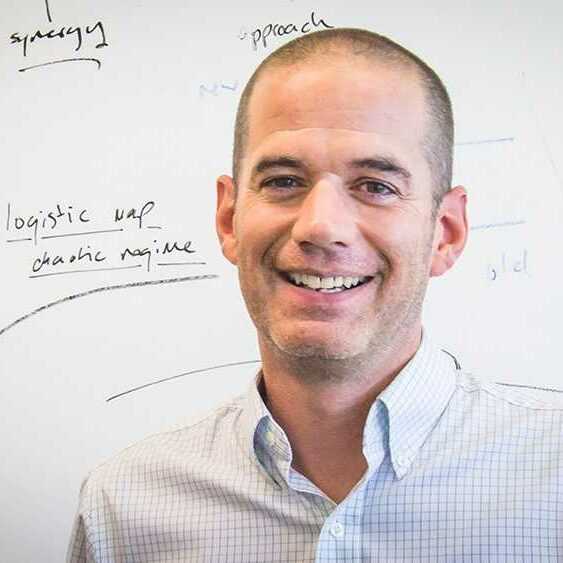
Owen Petchey
From: UZH Zurich, CH
Talk: Tuesday, 27th June, 10:45am
Title: Functional diversity and tipping points: insights from a mathematical model and prospects for empirical tests
Shane Blowes
From: iDiv Leipzig, DE
Talk: Tuesday, 27th June, 11:25am
Title: Detecting thresholds of ecological change in the Anthropocene
This session explores different approaches to decision making (and possibly decision support tools). Challenges and approaches can be highlighted from multiple disciplines and perspectives. The idea is to have speakers working in research (different disciplines, e.g. modelling, governance, economics), at the science-policy interface and as practitioners.
Session chairs: Ute Jacob & Amelie Luhede
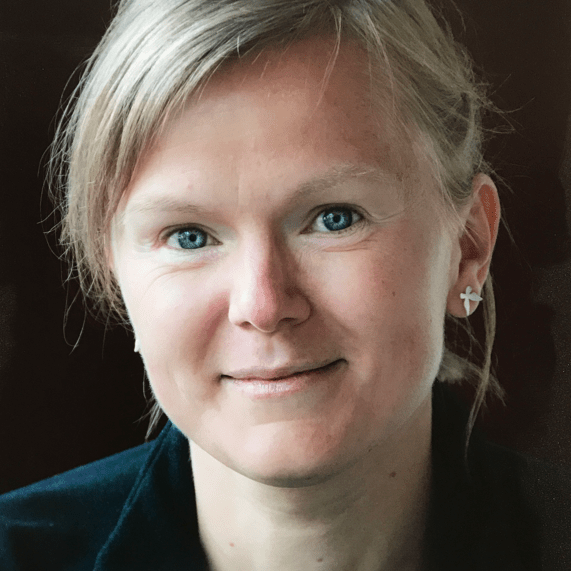
Marie Vandewalle
From: Eklipse/UFZ , Leipzig, DE
Talk: Tuesday, 27th June, 01:35 pm
Title: Innovation at the Science-Policy Interface: the Science Service for Biodiversity
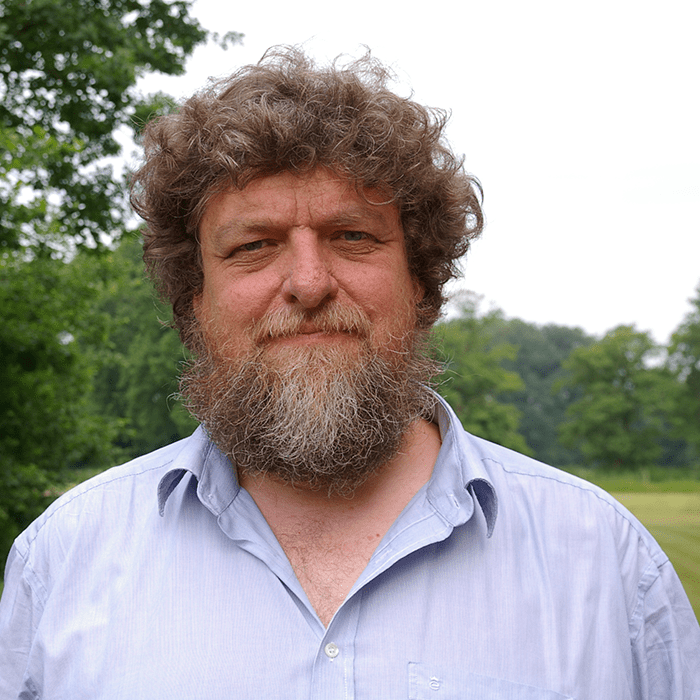
Helmut Hillebrand and Dorothee Hodapp
From: Helmholtz Institute for Functional Marine Biodiversity at the University of Oldenburg (HIFMB), DE
Talk: Tuesday, 27th June, 02:15 pm
Title: From biodiversity status & trends to measures & options

Lynne Shannon
From: Department of Biological Sciences, University of Cape Town, ZA
Talk: Tuesday, 27th June, 03:15 pm
Title: How to move local ecosystem research into the global biodiversity science-policy arena, and vice versa
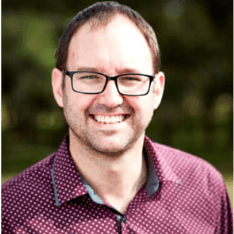
Ross Thompson
From: Center for Applied Water Science, Canberra, AUS
Talk: Tuesday, 27th June, 03:55 pm
Title: Using best available science to inform ecosystem management: priorities and pitfalls.
In this session, we aim to demonstrate and discuss the power of emerging multi-omics approaches and their application to complex environmental data to reveal associations between biodiversity and ecosystem function. Integrative multi-omics approaches to ecology and evolution offer new opportunities to understand and model the drivers, responders, and implications of environmental change.
Session chairs: Meren & Uwe John
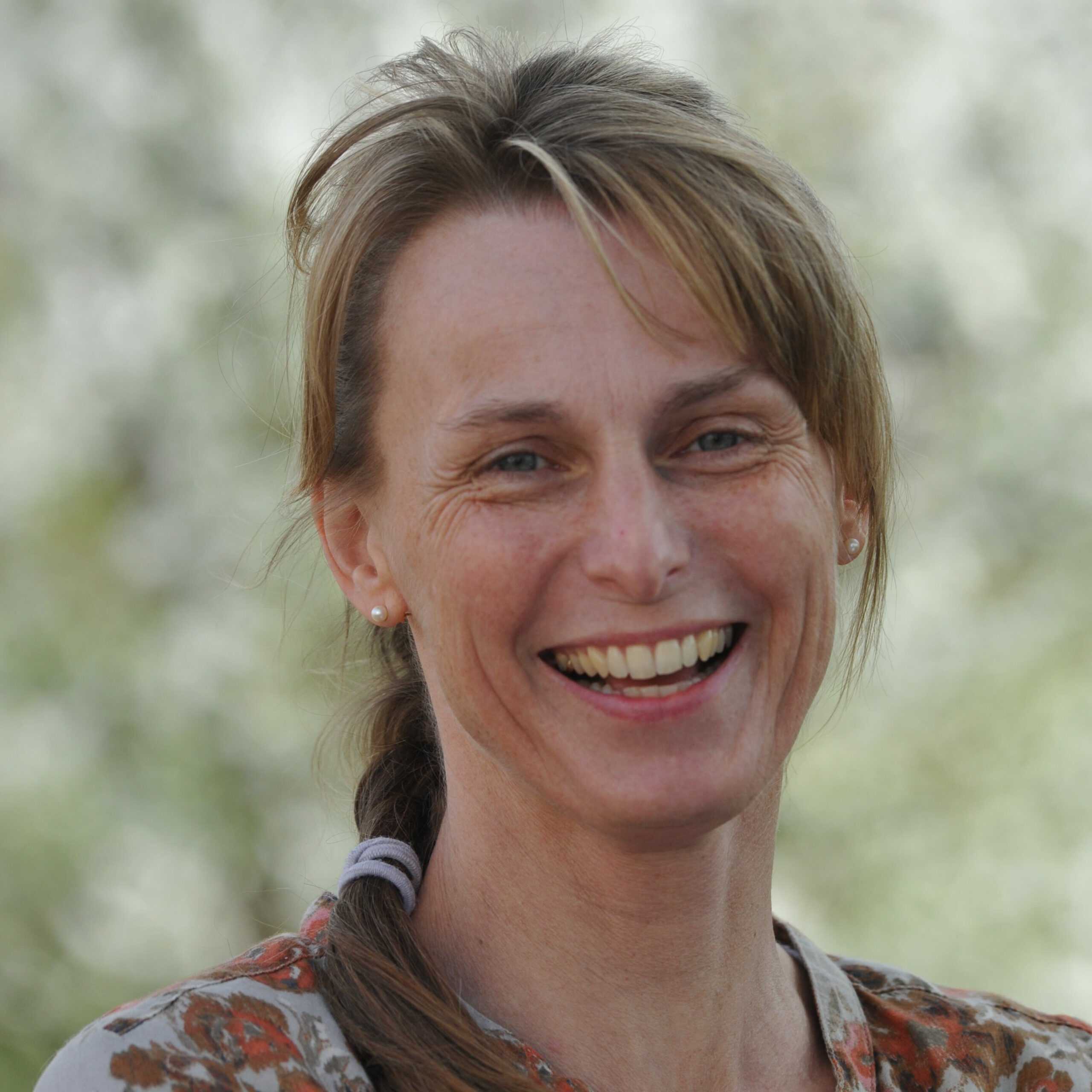
Kirsten Küsel
From: Uni Jena, DE
Talk: Wednesday, 28th June, 09:05 am
Title: Understanding functioning of the groundwater microbiome: from Omics to rates

Shinichi Sunagawa
From: ETH Zürich, CH
Talk: Wednesday, 28th June, 09:45 am
Title: The global ocean microbiome through the lens of meta‘omics

Linda Amaral-Zetter
From: NIOZ, Texel, NL
Talk: Wednesday, 28th June, 10:45 am
Title: The functional biodiversity of the marine Plastisphere

Boris Koch
From: Alfred-Wegener-Institute, DE
Talk: Wednesday, 28th June, 11:25 am
Title: Chicken or egg? The interplay between bio- and chemodiversity and its consequences for marine biogeochemical cycles
Natural science has specific approaches to describing biodiversity, but there is a trade-off between the accuracy of the description (indices, molecular data) and the valuing of biodiversity, as the former tends towards abstraction, the latter requires direct (emotional) attachment. In this session we want to explore the different perceptions of biodiversity from a wide range of angles. This includes taxonomy, ecology, societal perception and valuing.
Session chairs: Helmut Hillebrand & Thomas Brey
Matthias Glaubrecht
From: LIB Hamburg, DE
Talk: Wednesday, 28th June, 01:35 pm
Title: On the End of Evolution – Aspects of the annihilation of animal species

Ratana Chuenpagdee
From: Memorial University of Newfoundland, CA
Talk: Wednesday, 28th June, 02:15 pm
Title: The value of biodiversity – what really matters

Martin Quaas
From: iDiv Leipzig, DE
Talk: Wednesday, 28th June, 03:15 pm
Title: Economics of fish biodiversity

Maria Dornelas
From: University of St Andrews, Scotland, GB
Talk: Wednesday, 28th June, 03:55 pm
Title: Looking back on biodiversity change
Time Schedule
| from 8:15 am | Registration |
| 8:45 am – 9:00 am | Opening Remarks |
| 9:00 am – 10:25 am | Session 1: Tipping points in biodiversity change |
| 10:25 am – 10:45 am | Coffee Break |
| 10:45 am – 12:10 pm | Session 1: Tipping points in biodiversity change |
| 12:10 pm – 01:30 pm | Lunch Break / Group Photo 📷 |
| 01:30 pm – 02:55 pm | Session 2: Approaches to decision making and ecosystem management |
| 02:55 pm – 03:15 pm | Coffee Break |
| 03:15pm – 4:40 pm | Session 2: Approaches to decision making and ecosystem management |
| from 8:15 am | Registration |
| 9:00 am – 10:25 am | Session 3: The multi-data matrix behind functional biodiversity |
| 10:25 am – 10:45 am | Coffee Break |
| 10:45 am – 12:10 pm | Session 3: The multi-data matrix behind functional biodiversity |
| 12:10 pm – 01:30 pm | Lunch Break / Interactive Poster Session (Early Career HIFMB) |
| 01:30 pm – 02:55 pm | Session 4: Biodiversity perception |
| 02:55 pm – 03:15 pm | Coffee Break |
| 03:15pm – 4:40 pm | Session 4: Biodiversity perception |
Find a more detailed program here – will follow
Additional Information
- Prefered Hotel in Oldenburg: Hermes Hotel
- Tourist Information
- Venue: Statemuseum Nature and Human
Good to know
We believe that everyone (participants and staff) has the right to be in a respectful, safer and welcoming environment at our symposium.
We are dedicated to provide an inclusive symposium experience for everyone, regardless of race, ethnicity, national origin, citizenship, language, political or other option, gender, gender identity and expression, sexual orientation, disability, physical appearance, body size, age, religion or economic class. Discrimination, harassment, bullying and/or patronising behaviour has no place at the symposium, or in any professional context, and will not be tolerated.
Note on the hygiene concept
Your health is important to us! The conference will take place according to the regulations of the Corona Protection Ordinance valid at the time of the event. Please inform yourself about the current hygiene concept before the event.